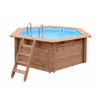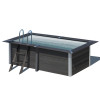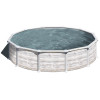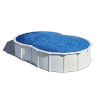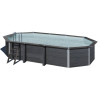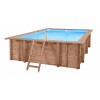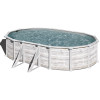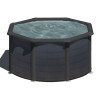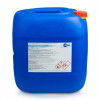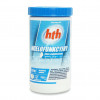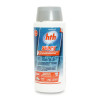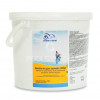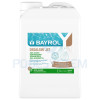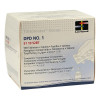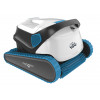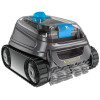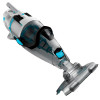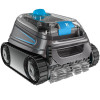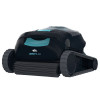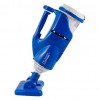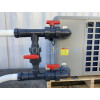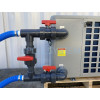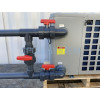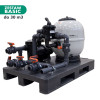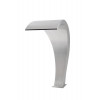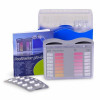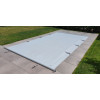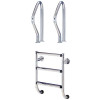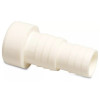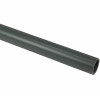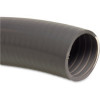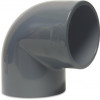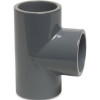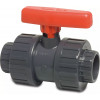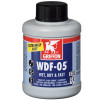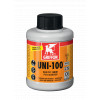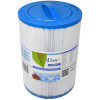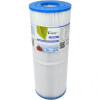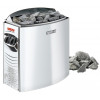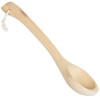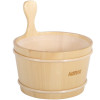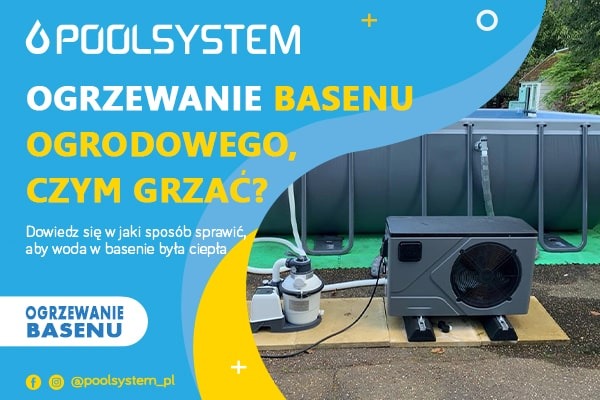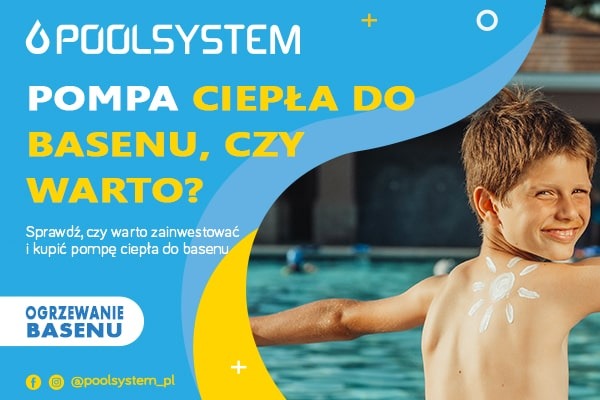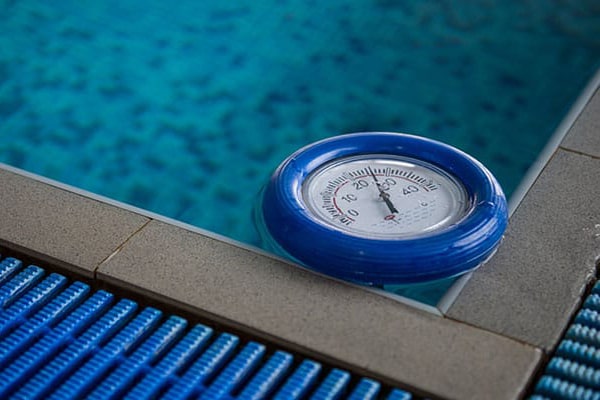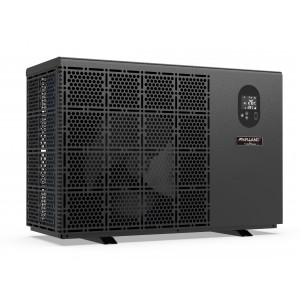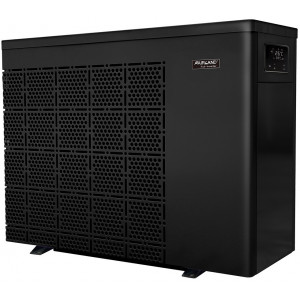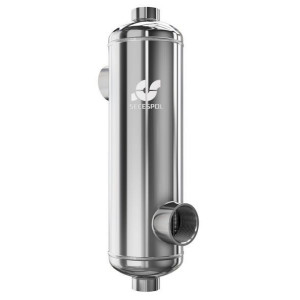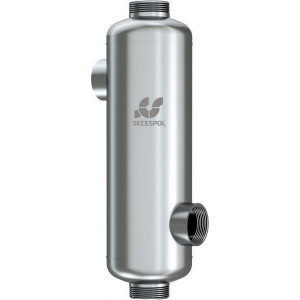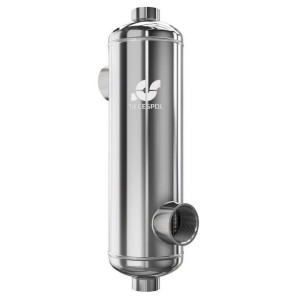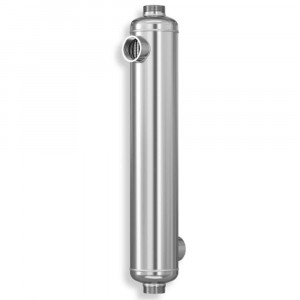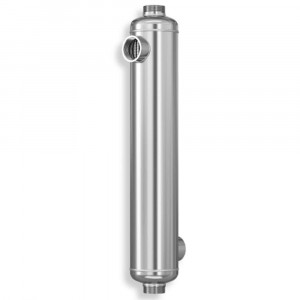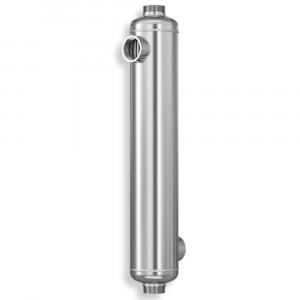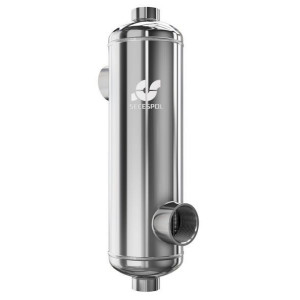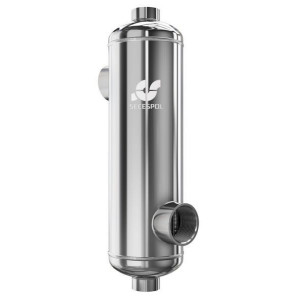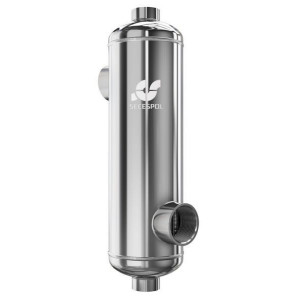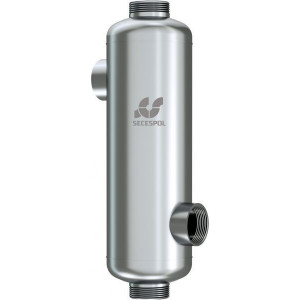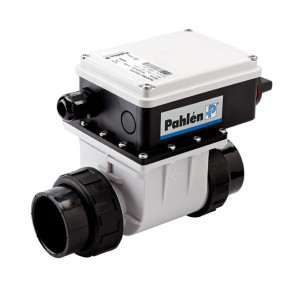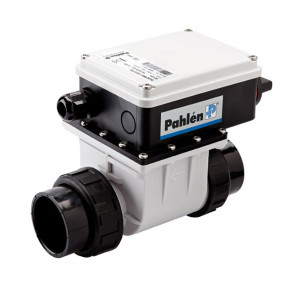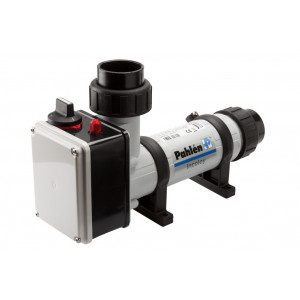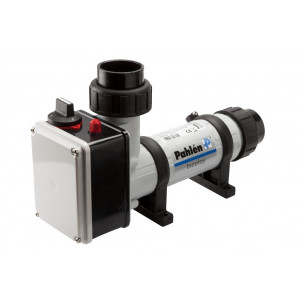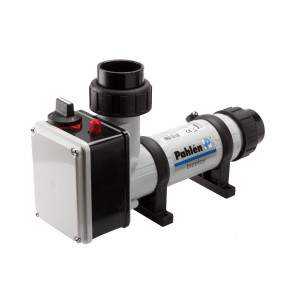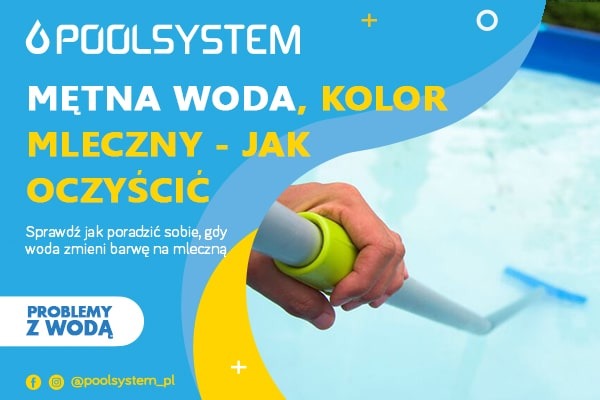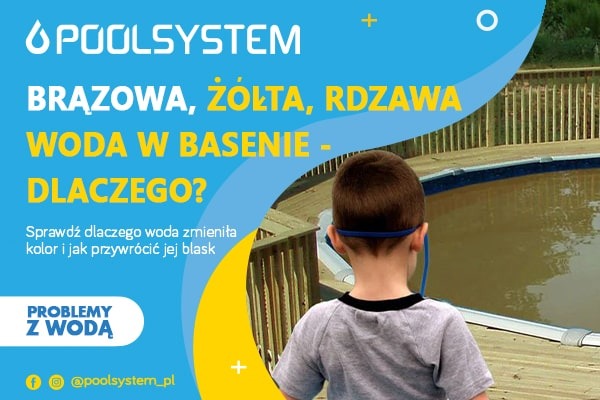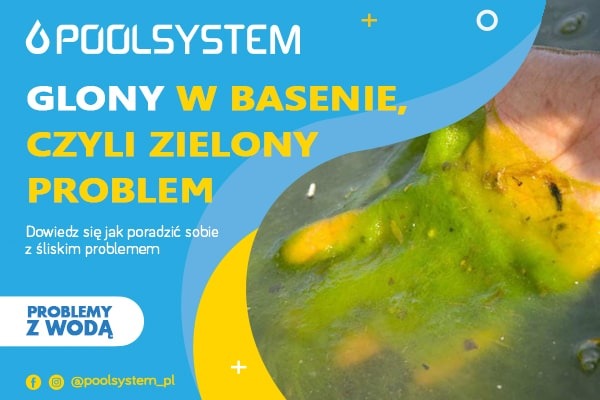- Pool Heating
- 2 likes
- 23980 views
Warm water strongly increases the comfort of using a swimming pool. Unfortunately, Polish climatic conditions do not spoil, and there are not many hot days on the calendar. This creates the opinion that maintaining an outdoor swimming pool is uneconomical. However, it doesn't have to be that way; there are several options for heating water which won't ruin us financially.
- Covering the pool with plastic increases the efficiency of pool heating
- The most economical solution is to use an inverter heat pump
- An important parameter is the COP, or coefficient of performance - the higher the better
- Indoor pools use equipment capable of operating at very low temperatures
Related articles
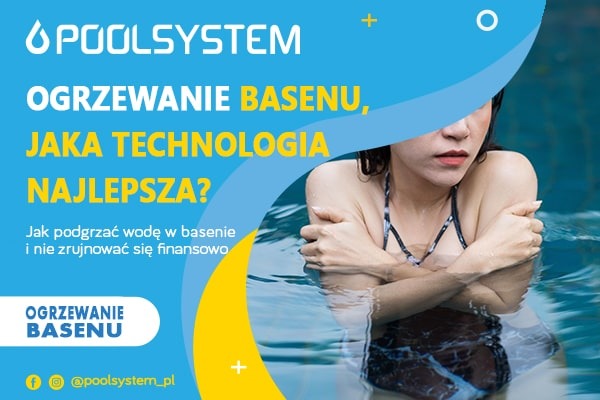
Swimming pool heating, Which technology is best?
Walruses are becoming increasingly popular in Poland, but it is still a niche hobby. Humans by nature are thermophilic, so the desire to bathe in warm bodies of water is not surprising. If we own a swimming pool, we would also like the water in it to be at the right temperature.
Read moreUseful products
Indoor pool, is the same heat pump used?
The same equipment is used for indoor and outdoor pools. Although since indoor pools are usually year-round, we recommend heat pumps that can operate at very low temperatures. There are models on the market that operate at temperatures as low as -15 degrees Celsius and have been developed specifically for indoor pools (e.g. Fairland INVER X TURBO).
Indoor pools are, for obvious reasons, much easier to reheat as there is less variability in conditions such as temperature and humidity. A professional technology designer is able to select the optimum system and calculate the monthly maintenance costs. The matter becomes more complicated with outdoor pools, which are affected by more variable factors such as sunlight, among others. This does not mean that we should give up on this solution.
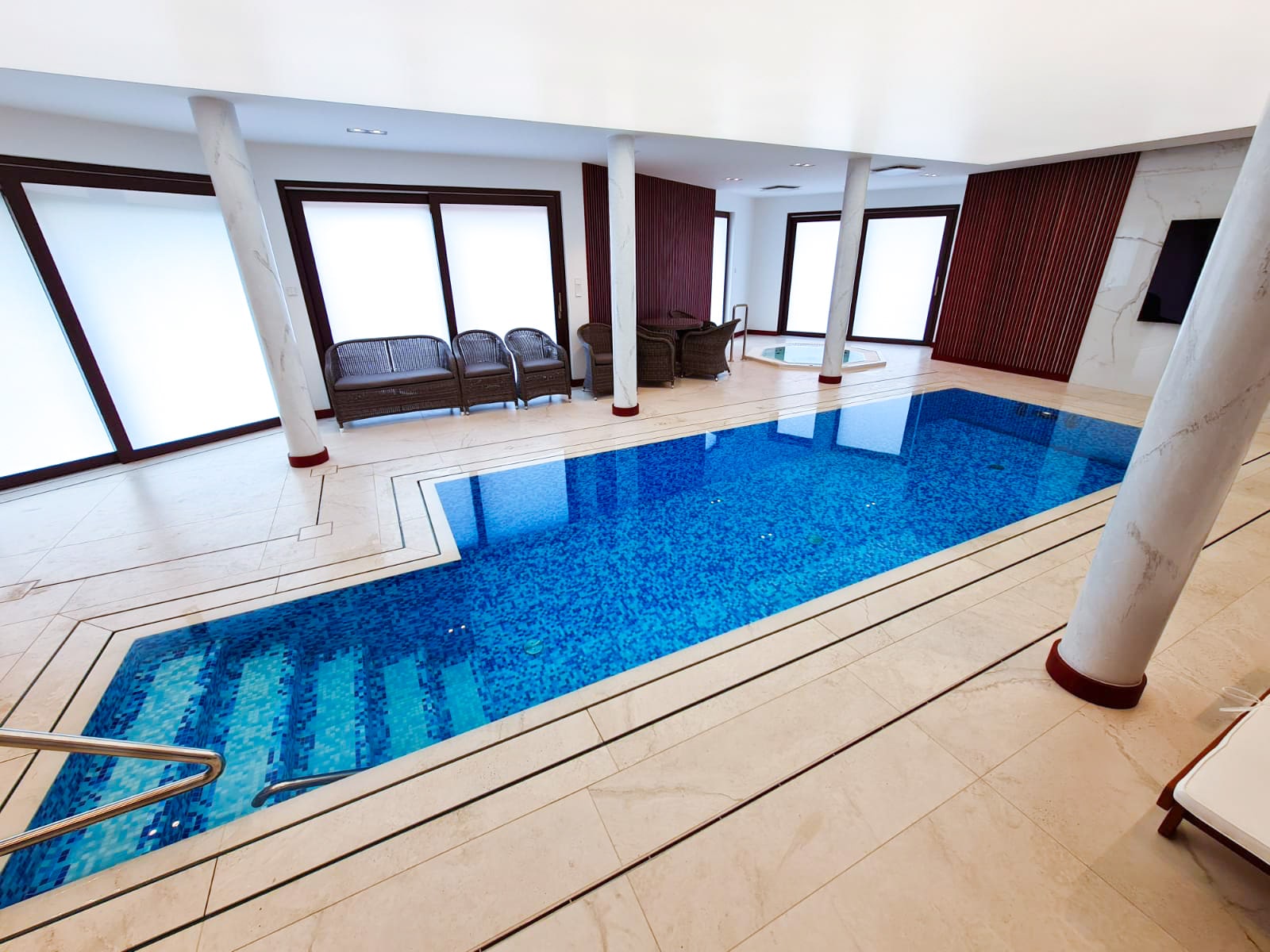
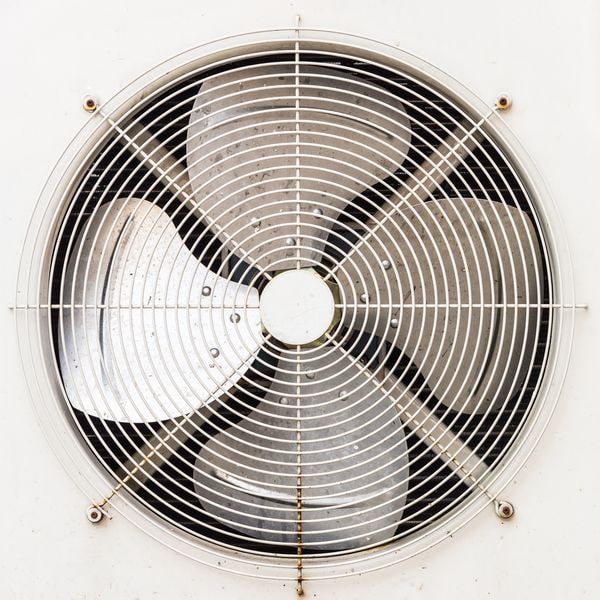
Pool heating with a heat pump
Only a well-chosen unit is a guarantee of a comfortable and stable temperature after heating the pool with a heat pump. When making the selection, attention should be paid to the COP (Coefficient of Performance), i.e. the cooling coefficient of performance. This is the ratio of the heating output to the power consumed by the pump. For example, if the COP is 8 and the pump draws 1kW of power, it gives off 8 times the heating power, or 8kW. This coefficient is variable and increases with the air temperature.
A heat pump is the best solution for heating garden pools, whether they are professional, rack or strut pools. In terms of efficiency and running costs, it is the most cost-effective solution. The installation of a heat pump for a swimming pool is not complicated and can already be carried out on the facilities in use.
There are small "ON/OFF" pumps on the market for typical garden pools, as well as fully sophisticated inverter pumps. The multitude of models will allow any need to be matched and catered for.
Operate at a constant capacity, with no change in compressor or fan speed
They have several levels of compressor and fan capacity, which adjust their power according to the temperature drop. When heat demand is high, the pump runs at the highest speed, slowing down at low speed. The differences in performance have a major impact on energy efficiency.
These are the most technologically advanced, most efficient and most energy-efficient pumps. Unfortunately, this also comes at a high price. They smoothly adjust their efficiency, while having the highest COP and quietest operation.
Check out the pool heat pumps you can buy in our shop
How to prepare a swimming pool for heating
How to prepare your swimming pool for heatingWhatever method you choose to heat your pool, you need to prepare it properly so that heat loss is reduced as much as possible. No method of heating the water will be effective unless the right conditions are in place. First and foremost - as we've already mentioned - an unused pool is a covered pool. Covering the pool with, for example, bubble wrap will significantly reduce water evaporation, and this has a huge impact on heat loss.
In addition, it is worth taking advantage of weather conditions and physics. If you are just planning to build or have a frame pool, it is a good idea to sit it in a sunny location. The sun's rays will naturally heat the water. It's a good idea to dig the basin into the ground. The ground insulates well, which will reduce heat loss. In addition, it is worth thinking about shielding the pool from strong air movements, i.e. from the wind. Looking at real-life examples - when we have something hot on a fork or in a glass, we blow to cool it down. Similarly, the water in the pool loses temperature.
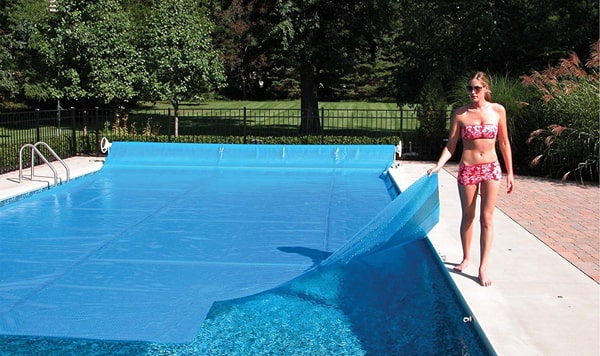
Expert Advises!
By covering the pool, not only do we protect the tank from outside contamination, but we also reduce water evaporation. It is through this process that approximately 70% of heat is lost.

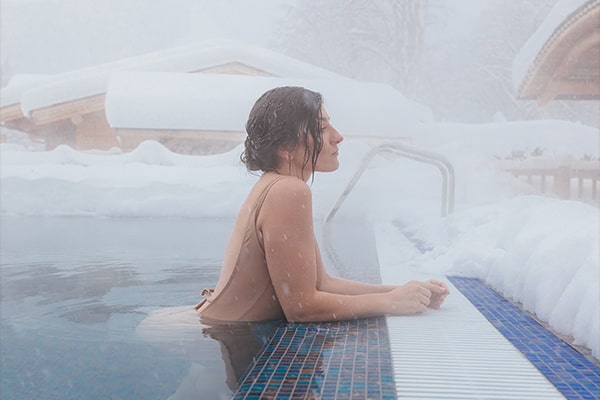
Pool heating in winter
Everyone would like to be able to use their swimming pool all year round. With indoor pools, this is easy, whatever the season. It gets more complicated with outdoor pools. It's not impossible, but heating a pool in winter is very expensive and requires a lot of preparation, both for the pool itself and the installations around it. The pool would have to be heated with a heat exchanger or an electric heater. This is not cost-effective and would ruin our household budget. Outdoor pools should therefore be decommissioned for the winter.
How much electricity is consumed by the heat pump for the pool
As we wrote earlier, it is difficult to calculate how much electricity the heat pump consumes in the case of an outdoor swimming pool, because the conditions affecting it are very variable. There are complex mathematical formulas to calculate the need and time required to heat water, which are taken into account when creating pool designs. However, the consumer requires simple information. That is why we are going to make strong simplifications.
For a 43 m3 swimming pool (4 m x 8 m x 1.35 m), a pump with a heating capacity of 9.6 kW at A26 °C / W 26 °C (A - air, W - water) and 6.5 kW at A15 °C / W26 °C would be a suitable choice. This unit will consume approximately 1.5 kW (see COP).
Assume the pump will run for 8 hours and one kWh costs 0.60 groszy.
8 hours x 1.5 kW = 12 kWh
12 kwH x 0.6 PLN = 7.2 PLN
The cost of electricity consumption at these parameters is £7.2 per day. The most costly is the first heating of the pool, this is when the pump uses the most energy. Later, when the water reaches the right temperature, the device will not use as much electricity. This means that the operating cost will be lower.
*Calculations based on electricity prices in Poland
The aforementioned data on which we based our calculations are the information provided by the appliance manufacturer. These are available in our shop and we can use them to calculate the approximate electricity demand. The choice of the type and model of heat pump will have a great impact on the amount of energy consumed. The most economical is the inverter pump, followed by those with partial inverter technology and finally the standard ON/OFF pump.
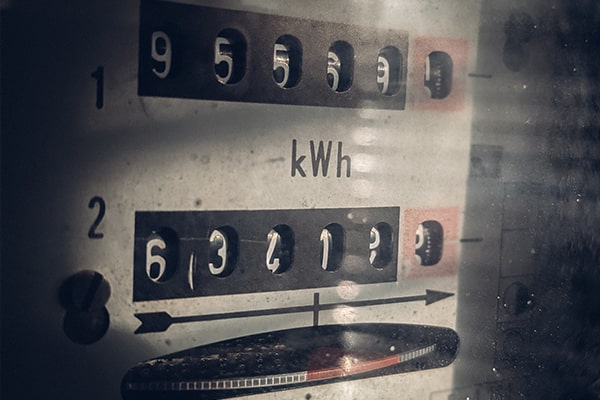
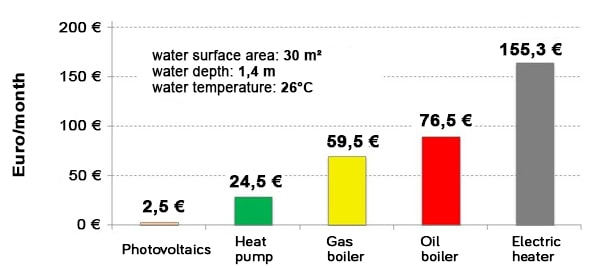
*The calculations take into account data such as the use of the pool for approximately 4 hours a day, the rest of the day being covered with a film. In addition, the calculation assumes that the heat loss will be compensated by the sun's rays.
How much does pool heating cost
Compared to the other solutions mentioned, the cost of heating a swimming pool with a heat pump is the lowest. In addition, it is the most efficient method of heating pool water. In the graph, we can easily see how much other methods of heating a 42 m3 swimming pool will cost us.
Heating a swimming pool doesn't have to put a hole in our wallet. With the right technology and reduced heat loss, water can be heated efficiently at low cost. This will have an extremely beneficial effect on the comfort of using the pool. When building a pool, it's a good idea to think about the optimum solution beforehand. For very small frame pools or inflatable pools, it's not worth spending money on heating the water as it will heat up easily from the sun.
No, heat pumps are only used to heat pool water. Despite their name, they do not pump water themselves and must be connected to a circulation pump.
It all depends on the conditions - size of the pool, weather etc. It can even take a few days for the water to heat up to the right temperature. This is when the pump draws most of its electricity, then just maintains the temperature which is more energy efficient.
The bypass is essential for the correct installation of the heat pump. It allows us to 'unplug' the pump from the system in the event of failure without having to shut down the filtration. The bypass is also used to regulate the water flow. There are low-powered pump models for garden pools that can be connected directly.
Yes, this is a possibility.
FAQ - Questions and answers
Ask a POOLSYSTEM.PL specialist

Tomasz Tomkowicz
Pool Technology Specialist
Thank you for reading our article, if you have more questions or need more specialized help - write to me using the form.
Look for answers in our knowledge base
Jestem bardzo zadowolona z usług tej firmy. Każdy nam odmawiał pomocy, nawet firma montująca basen. Pool system zjawił się i doprowadził basen sprzed paru lat do stanu używalności, co więcej dokonał napraw uszczelniających co spowodowało ze basen stał się w pełni sprawny. Naprawdę polecam !

Bardzo miła i sympatyczna obsługa oraz fachowe doradztwo techniczne.

Bardzo profesjonalna i cierpliwa obsługa. Odbierają telefony, wszystko dokładnie wytłumaczą, wysyłają praktycznie na drugi dzień każdą część którą potrzebuje klient. Pan Krzysztof z serwisu rzetelnie podpowie co zrobić i jak rozwiązać swój basenowy problem, jeśli chcemy majstrować przy basenie sami. Pan Paweł i Marcin też skarbnica wiedzy technologii basenowej. Dobre ceny. Polecam firmę i pozdrawiam zespół POOLSYSTEM

Jak budujesz basen to to miejsce jest dla ciebie, osprzęt, doradztwo i miła obsługa.

Super obsługa doradzi pomoże,ceny na duży plus .Polecam

Bardzo mili ludzie, to naprawdę profesjonaliści. Nie lubię zakupów, ale spotkanie z Nimi było bardzo przyjemne.






